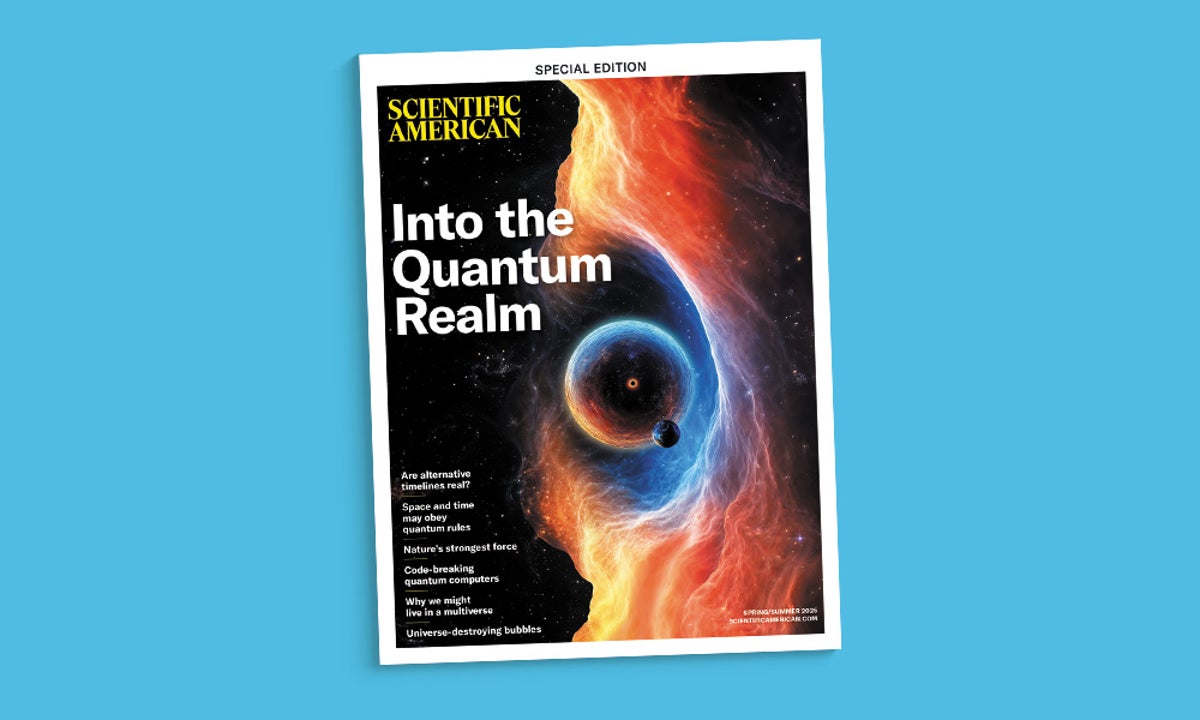
"In 2022, three scientists won the Nobel Prize in Physics for proving the universe's non-local reality, suggesting that particles only acquire fixed properties when measured."
"Today, researchers are entangling macroscopic objects, and quantum computers are on the verge of solving problems unmanageable by classical machines, marking the arrival of the quantum era."
In 2022, three scientists were awarded the Nobel Prize for proving that the universe is not locally real, corroborating Einstein's theory of entangled particles. This finding represents a major shift in our understanding of quantum mechanics, stating that particles don't possess definite properties until observation. This concept aligns with progressive research such as quantum computers tackling complex problems and new materials revealing quantum entanglement. With implications for understanding gravity and the universe's structure, these advancements spark discussions on free will and preordained fate in a quantum context, heralding a transformative scientific era.
Read at www.scientificamerican.com
Unable to calculate read time
Collection
[
|
...
]